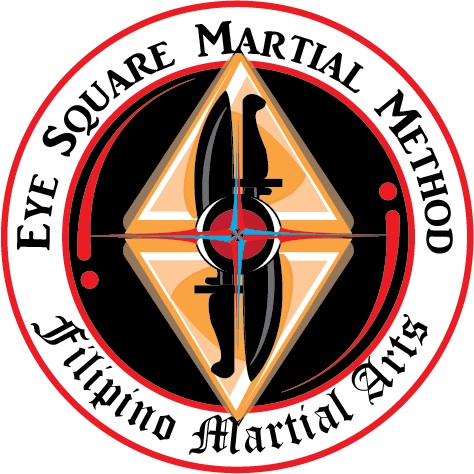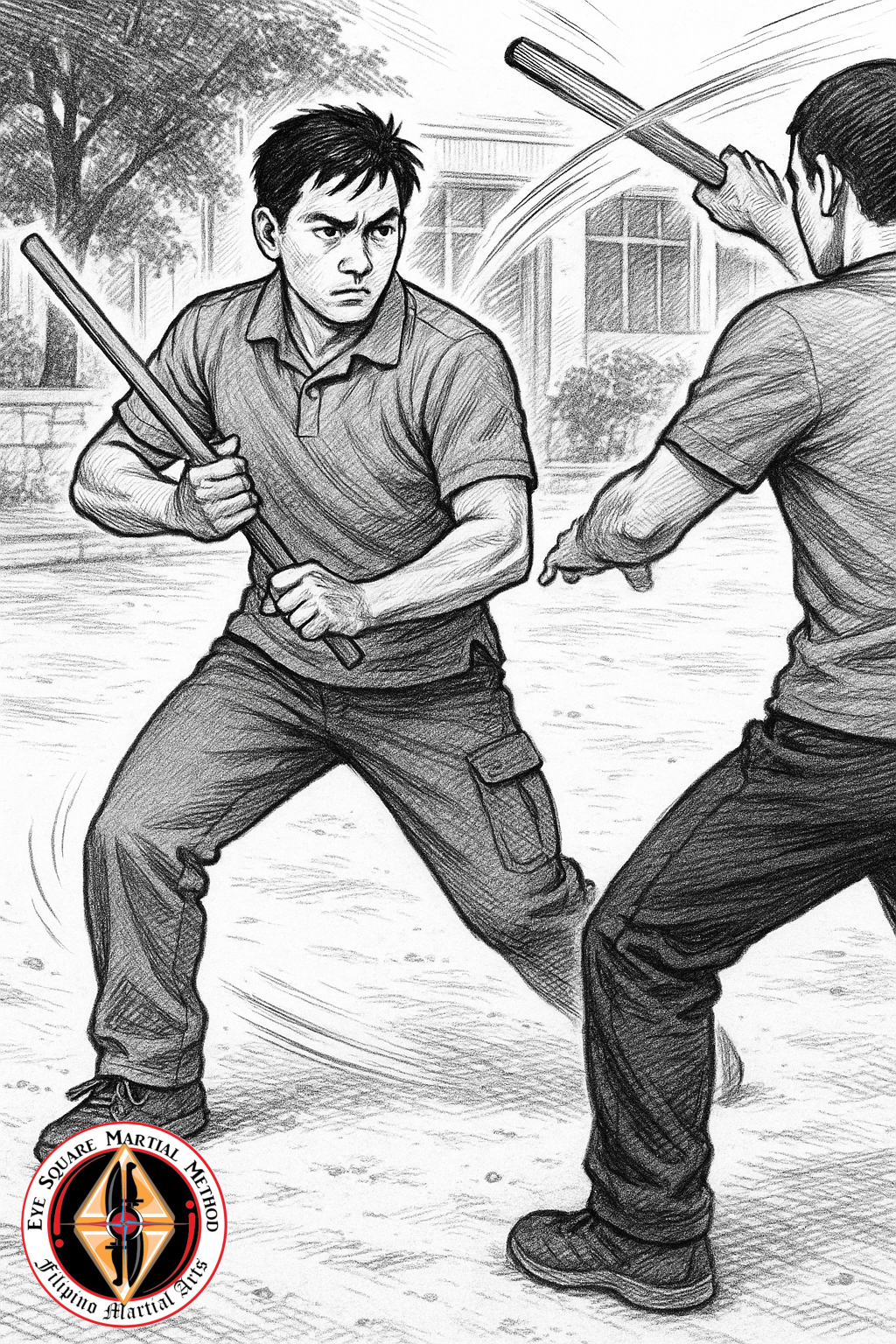“Practice doesn’t make perfect. Perfect practice makes permanent. But even that’s not enough.”
Technical Skill Isn’t the Finish Line
You can drill perfect footwork. You can execute crisp angles.
But if you have to think about it in the moment… it’s not instinctive.
So the real question becomes:
How do you make your movement automatic—when it actually matters?
The Answer: Stress-Accessed Training
Instinct is built by repeatedly accessing skills under pressure.
That doesn’t mean throwing yourself into chaotic sparring right away.
In fact, that usually just causes people to fall back on the simplest habits:
forward/backward footwork, basic blocks, and canned responses.
Instead, you need graduated stress.
Where to Start
Stress doesn’t have to mean pain or panic.
It can be as simple as:
- Demonstrating a skill in front of others
- Teaching someone else
- Being put on the spot for recall
Start there. Then, begin layering speed and intensity.
⚠️ Important: You’ll hit a limit where form starts breaking down.
When that happens, don’t push faster—hold the speed and clean up your execution.
Reaction Chains
Basic partner drills often use single-response patterns:
Attack A → Defense A. Over and over.
That’s fine—for a start. But real pressure demands decision-making.
Enter: the Reaction Chain.
- Start with a small set of possible attacks (e.g., #1 or #4)
- Feeder chooses one randomly
- Defender responds accordingly
From there, you can expand in two directions:
- Wider chains: Add more possible attacks
- Deeper chains: Add follow-up moves (e.g., disarm → close → grapple → takedown)
This isn’t free-for-all sparring—it’s controlled chaos with a purpose.
Reduced-Speed Sparring
Want to build recognition and timing without panic?
Try sparring at 50% speed.
- Anything goes—attacks, counters, movement
- But both parties move at a consistent, slower pace
- This lets your brain process in real-time and build pattern recognition
Reduced-Scope Sparring
This blends control and chaos.
- Limit the moves (e.g., only #1, #2, #5 attacks and basic footwork)
- But allow free interaction: no set order or response
It’s like playing chess with only half the pieces—great for targeted growth.
Do You Need All These Modes?
No. Not for every skill.
- Complex combos: You might start mid-way through the process
- Fundamentals (like footwork): Need to be integrated into everything
- Movement
- Sparring
- Flow drills
- Reaction chains
These are your foundation. If they’re not instinctive, nothing else will be.
Final Thought: Stress Reveals What You Own
Drills make you competent.
Pressure shows you what stuck.
Train in a way that your movement shows up when you need it—without thought, without delay, without compromise.
That’s instinct.


Leave a Reply